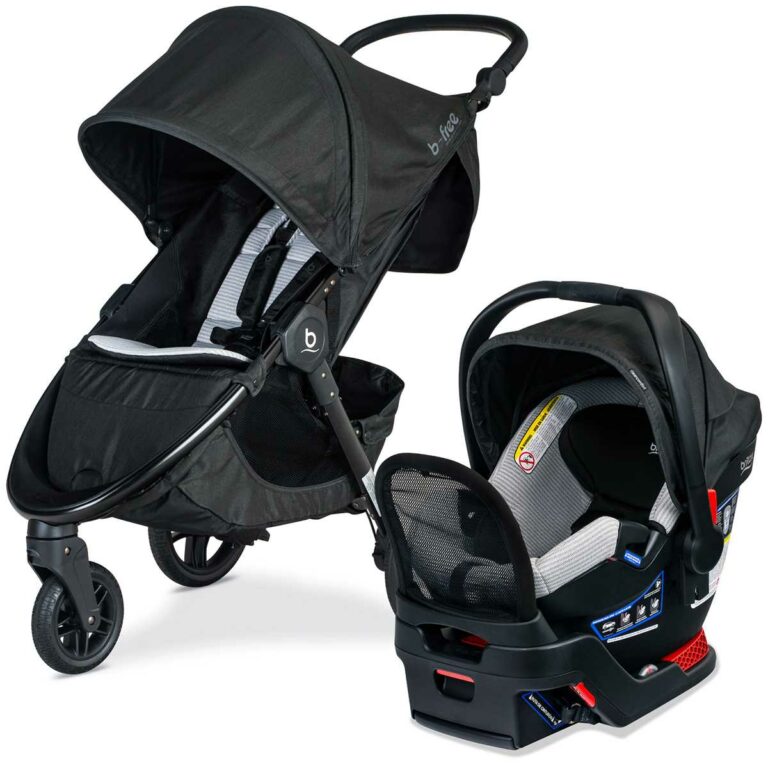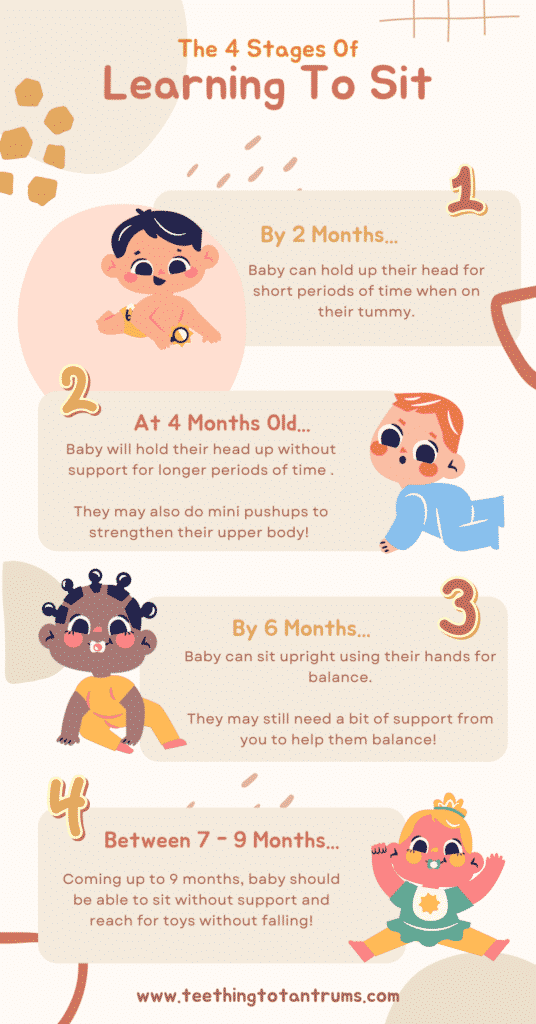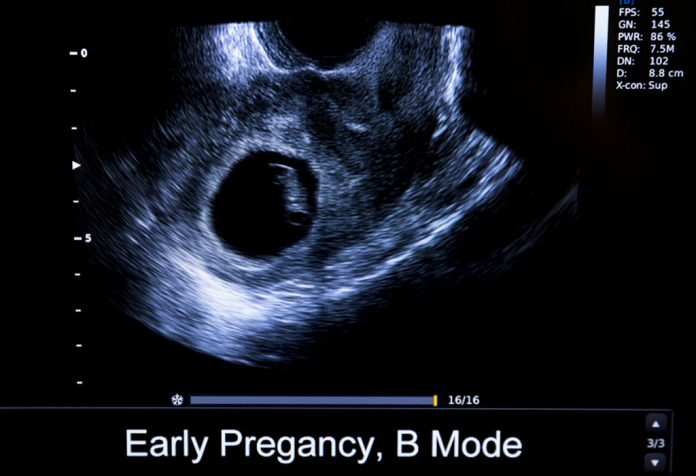Baby Cries When Pooping
Are you a parent wondering why your baby cries when pooping? You are not alone. This common issue can be concerning for many parents, but understanding the reasons behind it can help ease your worries. In this article, we will delve into the topic of why babies cry when pooping and provide you with valuable insights to help you navigate this challenging situation.
Knowledge
When it comes to babies crying when pooping, there are several factors that could be at play. One common reason is constipation. Babies can struggle with bowel movements, leading to discomfort and pain when trying to pass stool. This can result in them crying during the process. It is essential to ensure that your baby is getting enough fluids and fiber in their diet to prevent constipation.
Another possible reason for your baby’s tears during pooping could be gas. Gas can build up in a baby’s digestive system, causing bloating and discomfort. When trying to pass gas or stool, babies may experience pain, leading to crying. Gentle tummy massages and bicycle leg movements can help alleviate gas and provide relief to your little one.
Sometimes, babies may cry when pooping due to a diaper rash. Irritation from a wet or soiled diaper can cause discomfort during bowel movements, leading to tears. Ensuring that your baby’s diaper is changed frequently and using diaper creams can help prevent diaper rash and reduce discomfort during pooping.
If your baby continues to cry when pooping and you are concerned about their well-being, it is essential to consult with a pediatrician. They can evaluate your baby’s symptoms and provide guidance on how to address the issue effectively.
Conclusion
In conclusion, babies crying when pooping can be a challenging situation for parents to navigate. By understanding the potential reasons behind this behavior, such as constipation, gas, or diaper rash, you can take steps to alleviate your baby’s discomfort and provide them with the necessary care and support.
Parents of babies who cry when pooping should focus on maintaining a healthy diet, ensuring proper hydration, and addressing any potential underlying issues that may be causing their baby’s distress. By staying informed and proactive, you can help your baby feel more comfortable and content during bowel movements.






